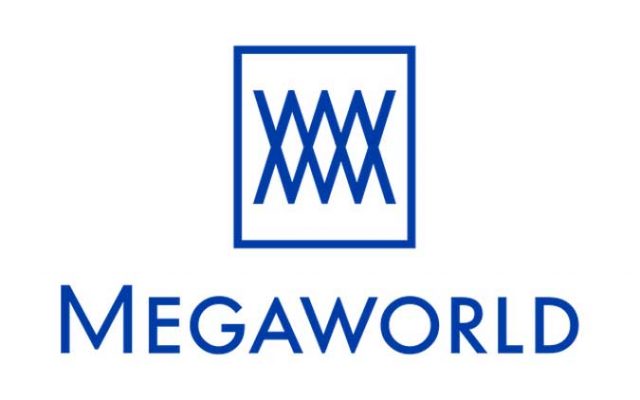Food firms mull price hike amid import disruptions

By Jenina P. Ibañez, Reporter
FOOD COMPANIES are considering price hikes as global supply chain disruptions increase import costs, an industry group said.
Philippine Chamber of Food Manufacturers, Inc. (PCFMI) Legislative Committee Chair Helen Grace Baisa said that the industry has been burdened with additional costs in importing raw materials and finished food products amid delays in the supply chain.
Business groups in recent months have been flagging logistics disruptions and container shortages as industries catch up with demand from economies bouncing back from the effects of the coronavirus pandemic.
“The logistics issue has been there, but since the pandemic, shipping line and destination charges increased by four times on top of surcharges implemented locally,” Ms. Baisa said in English and Filipino in a phone interview last week.
The industry group is pressing lawmakers and the Office of the President to address exorbitant shipping charges, she said, asking that the Philippine Ports Authority or the Maritime Industry Authority regulate the fees.
Importers of raw materials, finished goods, and packaging materials have been affected by the high fees, she said. The chamber’s 107 active members include companies that manufacture and distribute dairy, coffee, canned goods, beverages, bakery products, and noodles or firms that import raw materials for food processing like probiotics and fibers.
“It adds on to our expenses, to our landed costs. Initially, we can shoulder those, but then apparently later on, we really have no choice but to pass that on to the consumers, sadly,” Ms. Baisa said.
Food companies, she said, follow price guidelines for basic goods and necessities set by the government. Trade Secretary Ramon M. Lopez last month said that requests for price hikes are being reviewed. He said that a new suggested retail price bulletin is on hold as the capital region prepares for stricter lockdown restrictions.
Raw materials and packaging prices had already risen during the pandemic, Ms. Baisa said, adding that the industry will not increase prices paid by consumers significantly.
Supermarkets have already noted price increases among imported products.
Philippine Amalgamated Supermarkets Association (Pagasa) President Steven T. Cua said that deliveries of imported goods come in fits and starts, and they are priced slightly higher when they return to the shelves. He had said that he suspects some locally produced goods could have also increased prices due to raw material import issues.
Ms. Baisa said that expanded vaccination and testing to address the coronavirus disease 2019 (COVID-19) and consistent government guidelines will help food companies recover, noting that smaller companies are affected most by the restrictions.
“PCFMI supports government initiatives to fight the challenges caused by the pandemic. We are open to dialogue and ready for collaboration in moving forward, addressing key economic issues relating to food security, food safety, affordability, and accessibility to healthier choices,” she said.











